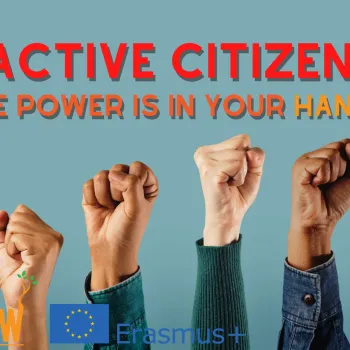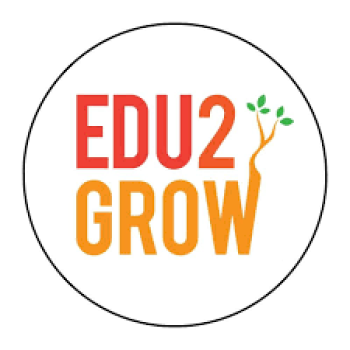
Non formal for inclusion - Training Course In Malaga, Spain - February 2025
Using non formal education methods to foster inclusion, non-formal education methods, activities and tools of non-formal education used in the formal environment to ensure inclusion and integration of all students
At your request, the courses can be structured for a different schedule (5 or 7 training days).
Course fee: According to the Erasmus+ guide, 80 euros / training day
Description
Profile of the participants:
The participants are teachers (working in kindergartens, primary schools, secondary schools etc.) or adult trainers active in the sending organization interested in Digital learning, inclusion and in growing a creative and intercultural environment in their institutions, with or without previous experience, willing to develop themselves professionally not only through the course, but by involving themselves in preparatory and follow up activities. They must be interested in other cultures and in developing the institution’s European dimension.
Objectives:
- To develop competences regarding applying non-formal education activities and techniques in different formal settings in order to encourage inclusion
- To Understand the dimensions of incorporation/integration, identity and belonging
- To develop skills for dialogue, tolerance and collaboration, using games and exercises;
- To develop communication, collaboration, presentation, problem-solving, negotiation, critical & creative thinking skills;
- To overcome integration barriers such as poor qualifications and language which may harm immigrants/refugees;
- To share best practices and transfer knowledge and methods between different cultural zones and different learner ages regarding successful inclusive approaches
- To develop the participants’ competences of ensuring harmonious group building (taking into account diversity challenges) and transforming the class as a group into a team by usage of non-formal group dynamics
- To develop better understanding of their own competence as teachers and to develop creative intercultural strategies for dealing with inclusion challenges in their own schools and classrooms
- To help teachers understand the students different realities and better integrate them in the classroom
- To be better aware of inclusion issues in different cultures
- To supply tools that will help create bonds between the students and the teacher in a way that every student feels included
- To promote the use mediation and negotiation tools in the fight against exclusion of people with fewer opportunities
- To promote European cooperation in the field of education within the framework of the Erasmus+ program by partnership building
Learning objectives
By taking part in this training course, the participants will:
• Develop competences regarding applying non-formal education activities and techniques in different formal settings in order to encourage inclusion
• Understand the characteristics of an inclusive and tolerant environment;
• Become aware of the importance of incorporation/integration, identity and belonging
• Develop communication, collaboration, presentation, problem-solving, negotiation, critical & creative thinking skills;
• Develop competences of ensuring harmonious group building (taking into account diversity challenges) and transforming the class as a group into a team
• Have a better understanding of their own competence as teachers and will learn how to develop creative strategies for dealing with inclusion challenges in their own schools and classrooms
• Learn how to understand the students’ different realities and how to better integrate them in the classroom
Methodology & assessment
• Experiencing: different educational settings, different non formal education methods (role play, simulation game, exercises etc.)
• Reflecting: on the methods and its impacts, on the power and limits of non-formal education, on building a pedagogical process etc.
• Transferring: to the own reality of participants, in order to improve ways of working with their students
• Sharing: different perceptions, current situations and experiences.
• Developing: the building capacity of the participants (to be transferred to their students) by including them in the decision process of the training course designing
• Lessons learnt and best practices on non-formal education in school activities
Materials, digital tools & other learning resources
Training course support.
Paper, pens, crayons.
The participants are required to bring their own laptop.
Certification details
EUROPASS MOBILITY DOCUMENT
CERTIFICATE OF ATTENDANCE
Pricing, packages and other information
-
Price:720Euro
-
Course package content:
Coffe breaks
Training materials
-
Additional information:Description of the services and activities included in the course package (such as accommodation, meals, transport) or available at extra cost.
-
Cancellation & changes:
Free cancellation 30 days before the begining date.
-
Additional information:The options and conditions for change and cancellation, and the policy in case of unforeseen circumstances (force majeure).
Additional information
-
Language:English
-
Target audience ISCED:Early childhood education (ISCED 0)Primary education (ISCED 1)Upper secondary education (ISCED 3)
-
Target audience type:TeacherHead Teacher / PrincipalTeacher Educator
-
Learning time:25 hours or more
Upcoming sessions
Past sessions
More courses by this organiser

Active citizen - The power is in your hands! - Training Course In Malaga, Spain - February 2025

Soft skills for adult learners - Training Course In Malaga, Spain - February 2025



